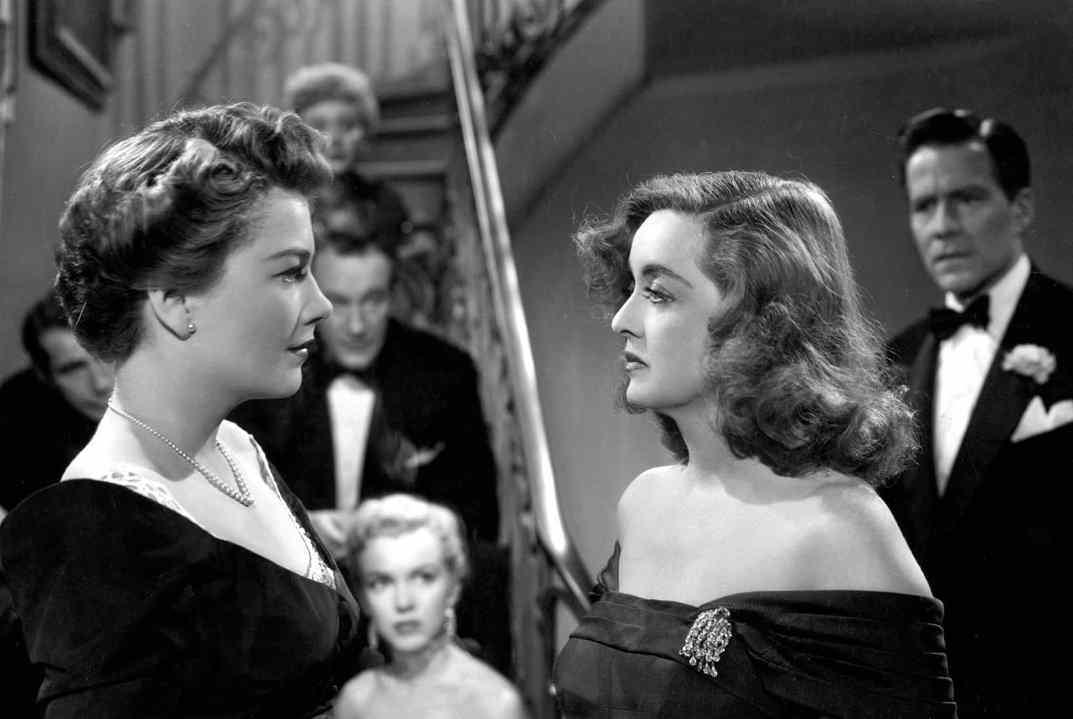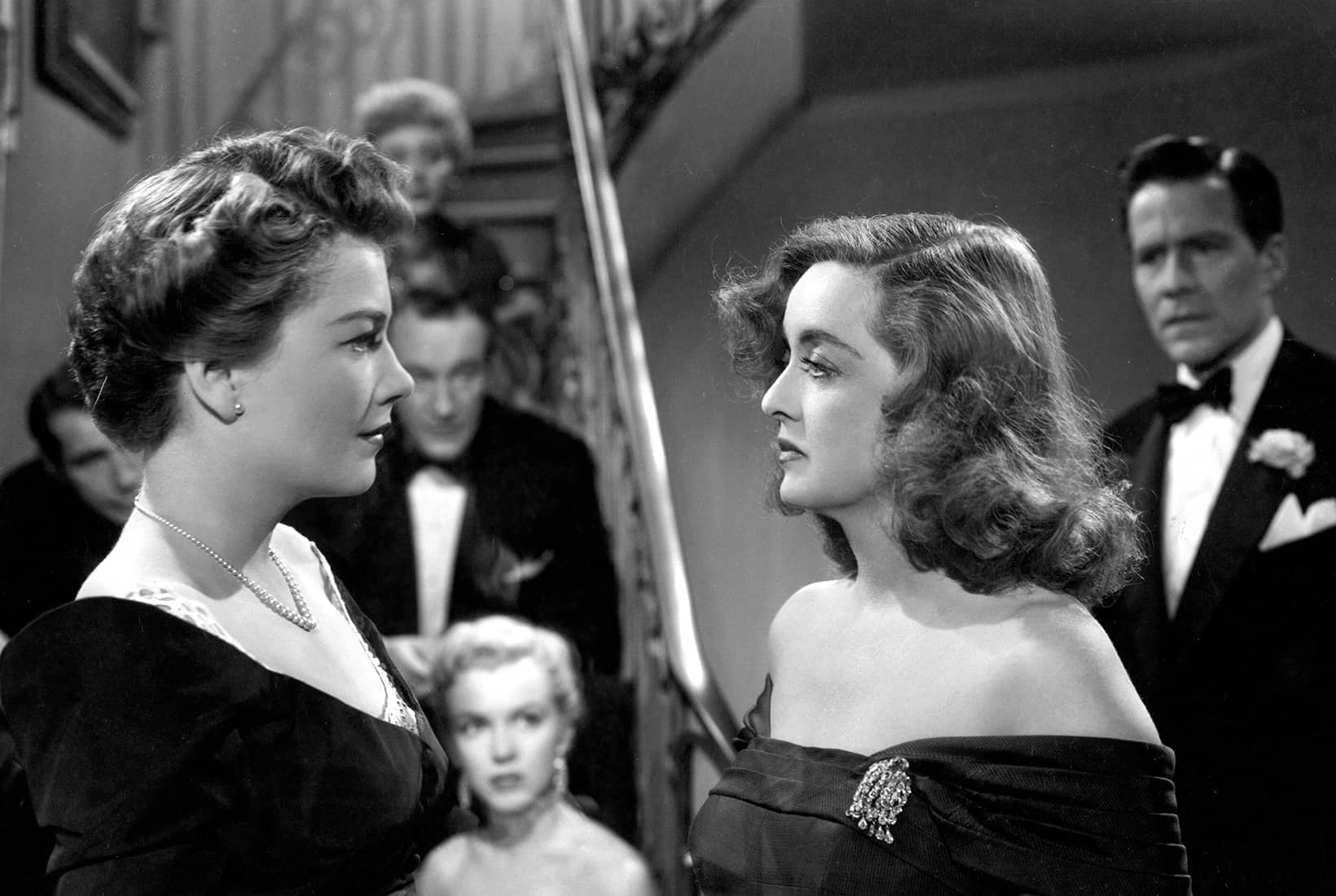The actor Ronald Fraser was famous for two things: his comic timing and his liking for a drink. On one occasion in the 1960s, he was happily sitting three sheets to the wind in a local hostelry, when he remembered that he was supposed to be on stage at a matinee. After walking unsteadily to the theatre, he stood in the wings and heard someone else in his role: the understudy, holding the audience in the palm of his hand. His name was Donald Sutherland, and he was revealing the quality that took him from bit parts on the London stage to worldwide stardom.
The importance of understudies and covers has been elevated to new heights by the Covid pandemic. Leading men and ladies are dropping out the world over. On 23 December last year, in The Music Man on Broadway, the X-Men star Hugh Jackman made an unscheduled curtain call speech when he thanked Kathy Voytko who had stepped in when the leading lady, Sutton Foster, fell ill. Voytko was a ‘swing’, which means she was contracted to cover many (eight) parts. At midday, she was told she’d be playing the leading lady that evening — she had her first-ever rehearsal at 1 p.m.
‘We’re in our fourth preview, we’re all just learning,’ Jackman told the audience. ‘So swings and understudies watch from a corner of a room while we rehearse, while we get to practise over and over again. They just get to watch and write notes. And then, five hours before a performance, they’re told: “You’re on…”’ Calling all the swings forward to take a special bow, Jackman said: ‘It humbles me: the courage, the brilliance, the dedication, the talent. The swings, the understudies, they are the bedrock of Broadway.’
There are two ironic footnotes to this uplifting moment. The first is that Foster herself, now a Broadway legend, got her first big break when she stepped out of the chorus to go on as the lead in Thoroughly Modern Millie, and won a Tony award. The second is that, two days after his pep talk, Jackman himself fell ill with Covid, and the producers took the decision to cancel the performance of The Music Man until 2 January.
Covers have become the glue that is holding theatre together as scheduled cast members fall like flies
Nevertheless, his words drew attention to the way that covers have become the glue that is holding theatre together as producers struggle nightly with the idea that the show must go on while scheduled cast members fall like flies, either ill themselves or forced to isolate. Acts of heroic endeavour are being reported from around the UK, including the story of John Owen-Jones who hadn’t played Jean Valjean for six years, but went on in Les Misérables when three different understudies were ruled out. ‘It was like living through an anxiety dream,’ he said. ‘The one you have as an actor where you don’t know your lines, you don’t know what’s going on.’
In order to keep performances of Alan Bennett’s Habeas Corpus going at the Menier Chocolate Factory when a number of the cast were affected by Covid last month, director Patrick Marber recruited the associate director Ed Madden and the actor Dan Wolff, with whom he had worked on Leopoldstadt, to perform with scripts in their hands.
In many cases, however, the understudies are perfectly prepared to take the stage — they just don’t necessarily expect to be doing so in quite the numbers they have been. In the week after Christmas, the entire cast of The Drifters Girl at the Garrick were replaced by their covers for six performances. Michael James Stewart, who had made his West End debut as cover in the role of George Treadwell, says: ‘Because of the pandemic we knew we could be called on at any time, but we didn’t think it would happen that we all performed together. It was the best scenario, because we all knew the tempo we had set.’
The Drifters Girl is a complicated show in which each actor, apart from Beverley Knight as the star Faye Treadwell, takes on multiple roles. All the covers, who sing offstage as backing singers when they are not required on stage, had been extensively rehearsed but had not performed in front of an audience before. ‘I was buzzing when I made my debut,’ says Stewart. ‘I knew all the routines, but I was still very nervous.’
All big, long-running musicals, in fact, have an elaborate understudying and swing system in place. This is not All About Eve, where an ambitious understudy plans to overthrow her heroine. It’s a supportive and selfless system that enables younger actors to learn their craft, taking the stage when more experienced cast members have holidays as well as when they are ill. Swings, in particular, have always been a remarkable and perhaps under-noticed prop to theatre as a whole; they have the kind of skills that enable them to hold up to ten roles in their head at any one time. Some people specialise in this kind of work. ‘Their facility is astonishing,’ says Alexander Sims, resident director of the West End adaptation of the Disney film Frozen. ‘I’ve always appreciated them because they step up to the plate and keep the show on.’
What is unprecedented in these days is just how extensive the cast absences can be, and the short notice at which people are called on. ‘Swings might find out in the morning that they’re going on at the matinee, with three hours’ notice,’ says Sims. ‘There is just so much pressure.’ Frozen has just emerged from what he describes as a ‘crazy week’ in which three leading parts had more than one cast change. For one, the principle and two covers went on; for another the principle and first cover; and for the third, the first and second cover.
So in a five-day, nine-show week, Frozen fielded three different Kristoffs, two Elsas and two Annas. The show also experienced its own fairy-tale moment when Emily Lane, an actress just out of drama school, who was second cover for Anna, found herself performing. ‘She might not have normally expected that chance so soon and she was utterly brilliant,’ Sims says.
Sims has noticed that audiences are entirely appreciative of the understudies’ efforts. ‘I think if you come to see Frozen, you are coming to see the show and that’s what they get to see.’ Stewart, too, didn’t notice any difference between the audience response to the covers’ performances and the one they gave to the original cast. ‘It was really well received,’ he says. ‘I think the pandemic has made people grateful that their show isn’t cancelled. They are just happy to watch a show.’
This goodwill towards a production rather than any particular star may well be one of the better legacies of the pandemic. A friend who worked on the première of Funny Girl in the West End in 1966 has a chilling story about doors slamming and people storming out the moment it was announced that Barbra Streisand would not appear at a particular performance. The handful who stayed booed her understudy on her first entrance and though they cheered at the end, a star was not born.
Boos also greeted the announcement that Glenn Close was unable to perform in Sunset Boulevard for a few performances in 2017 but the catcalls simply made her understudy Ria Jones more determined to give it her all. By the end, she had won a six-minute standing ovation.
The truth is that although most theatregoers have experienced that ripple of disappointment when it’s announced the advertised star is off, they may well be rewarded by seeing a performance from an aspiring performer that will mark the start of something memorable. That happened in Tosca at Covent Garden just before Christmas, when the British tenor Freddie De Tommaso went on after the more established American Bryan Hymel was taken ill while playing Cavaradossi.
De Tommaso, the youngest tenor ever to sing the role at the Royal Opera House, brought the house down; he’s already being tipped as the next Pavarotti. Audience disappointment was replaced with rapture.
The audiences who saw Emily Lane sing Anna might one day regale their grandchildren with stories of that night, just like those who unexpectedly saw Donald Sutherland make his mark in the 1960s. Even if they don’t, the performances of all the understudies who keep theatre going is a constant and inspirational reminder that behind every theatrical production lies a miracle of commitment and talent that itself has the quality of a fairy tale. They deserve our applause.







Comments